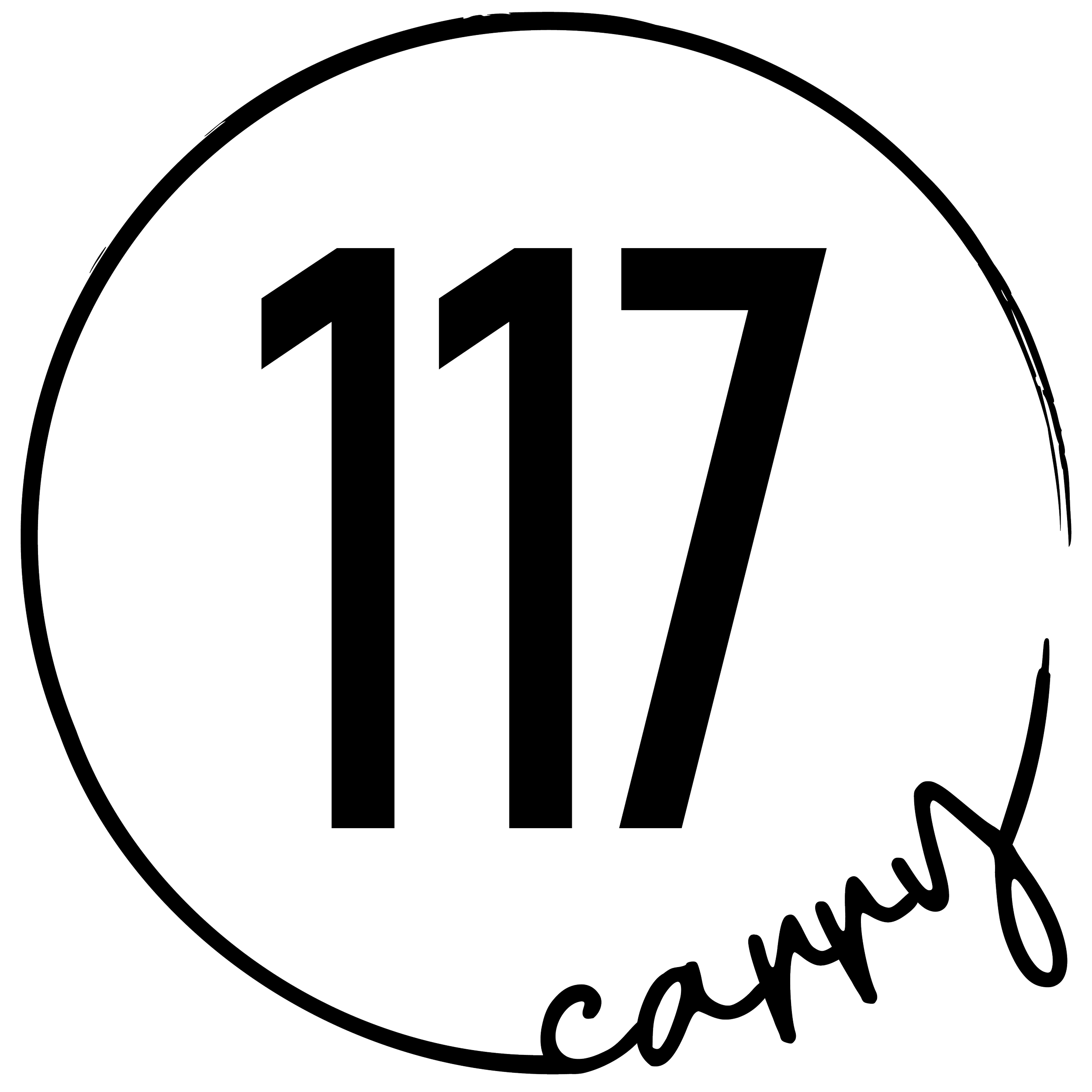The Tradition Surrounding an Ethiopian Christmas
Christmas has come and gone in the United States. As the new year begins, little remains of the holiday besides a few holiday lights and more than a few extra pounds from all those Christmas cookies. However, in other parts of the world, Christmas is yet to arrive. In some places, Christmas is celebrated on a different day - January 7. Ethiopia is one such country.
Celebrating the birth of Christ on a different date is not the only difference between American and Ethiopian Christmases. Many unique and special traditions exist in Ethiopia surrounding Christmas. I hope you will find them as interesting and thought provoking as I do. Follow me as we venture to Ethiopia, where Christmas remains sacred and holy.
First of all, you might be wondering why Ethiopians celebrate Christmas on January 7 and not on December 25. While much of the world, including the United States, follows the Gregorian calendar, Ethiopia uses a 365-day calendar based on the Coptic calendar. Ethiopia, along with other Orthodox churches calculate the birth of Christ to be on January 7. Not only do they differ on the day, but they disagree on the year of Christ’s birth. On the Ethiopian calendar, Christ’s birth is seven years later, making it only 2012 in Ethiopia. That is a lot to wrap your mind around!
Now that we know when Ethiopian Christmas is, let’s explore some of its traditions. Christmas, or Genna (meaning imminent), as it is called in Ethiopia, is more closely tied to spiritual meaning and is not as commercial as it is in the United States.
Preparation for Genna begins 43 days prior with a period of fasting. The clergy and devout Orthodox Christians spend these 43 days, known as the Feast of the Prophets, preparing their body and soul for the day of the birth of Christ through fasting and prayer. During this time, only one vegan meal is eaten each day.
Christmas celebrations begin with special church services that begin very late in the evening on Christmas Eve and lasts well into the early morning on Christmas Day. Some celebrants attend services all night while others begin their services at 3:00 am!
Many Ethiopians don traditional white wraps called shamma, made of thin white cotton with brightly colored stripes on the end. City dwellers may wear white Western clothes. Dressed in white, Ethiopian Christians travel through the streets, going from church to church to celebrate. Traditional services are marked by singing and chanting performed by priests and deacons wearing colorful robes with gold and silver accents.
As with many holidays around the world, Christmas (Genna) has traditional food associated with it. Many followers who have been fasting begin their days with a drink made from flaxseed to prepare their digestive tract to receive food once again. Following that, families gather to enjoy a feast of doro wat, a spicy chicken stew, and injera, a flat sour bread. Tej(honey wine) may also be served.
Many bleary-eyed celebrants enjoy traditional Ethiopian coffee on Christmas, as well. One fun fact that ties Ethiopian coffee to the Christmas story is that legend holds that the three wise men, or Magi, who visited the Christ child came from Ethiopia. To this day, when daily coffee is served, it is brewed three times using the same beans in memory of the three kings, Abol, Tona and Baraka. Traditions says that the three kings drank coffee in an effort to stay awake during their long journey to see Jesus.
While church, food and family celebrations are also part of the Western Christmas festivities, Ethiopians additionally have a unique Christmas sport, also called Genna, that is part of the celebration. Much like hockey, this sport is played with wooden sticks and a wooden ball and is mostly played by young men. Ethiopian tradition holds that the game began with the shepherds of the Christmas story. When they heard of the birth of Jesus, they were so overwhelmed with joy that they playfully took their shepherd staffs and spontaneously began playing a game in the fields.
In stark contrast to gift-giving at Christmas time in the United States, gift giving does not play a prominent role in Ethiopian culture. Gifts given on Christmas are typically gifts of new clothes given to children or small gifts to friends and family.
We can all agree that Christmas looks very different in Ethiopia than it does here in the United States, but at the core of it all, one simple truth remains - Christmas is rooted in the celebration of the birth of Jesus and what that means for us today. Beyond the food, games and gifts, no matter where we live, the heart of Christmas is summed up in these three hopes for mankind: Glory to God in the Highest, Peace on Earth and Good will towards man (Luke 2:14).


